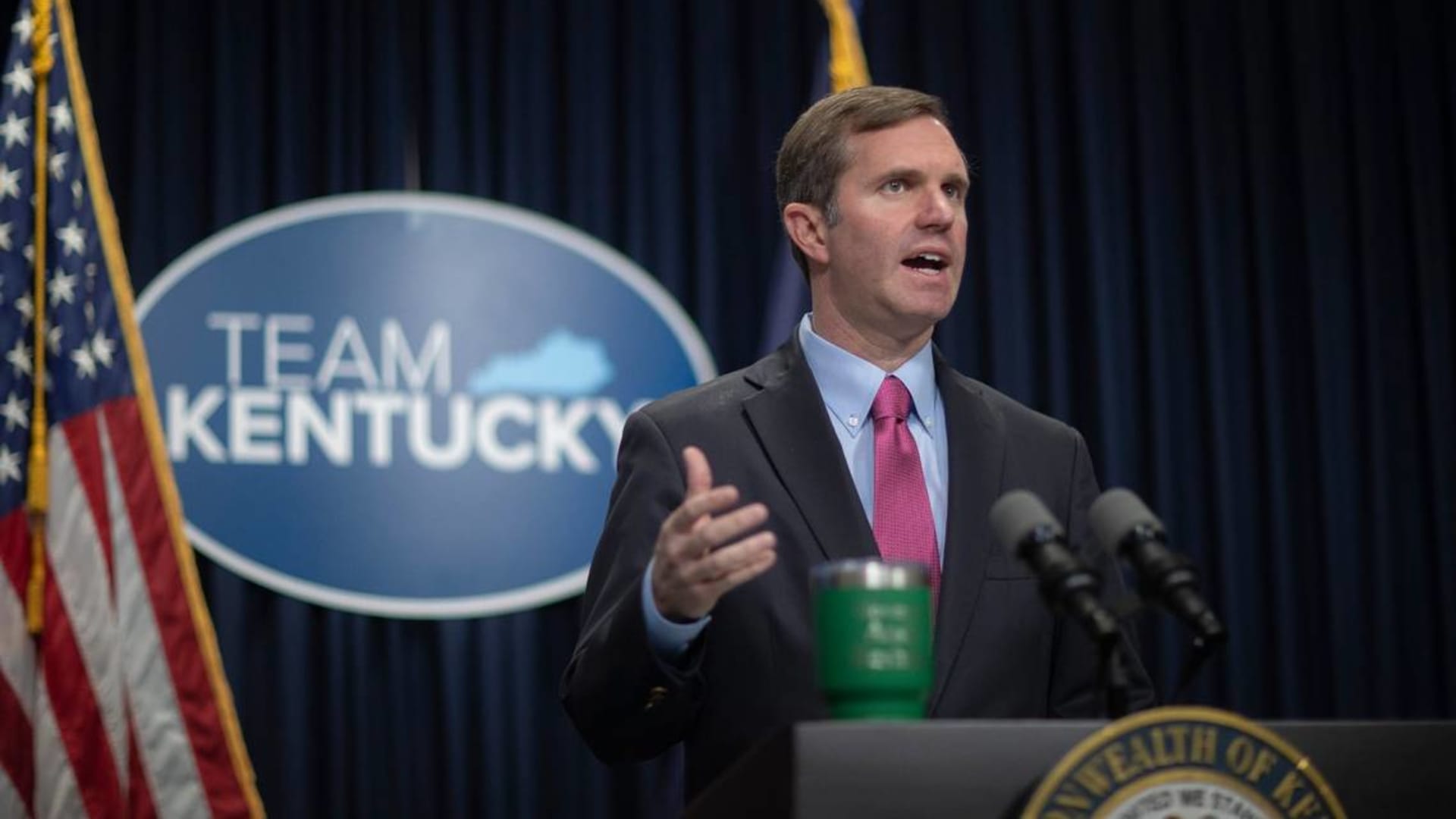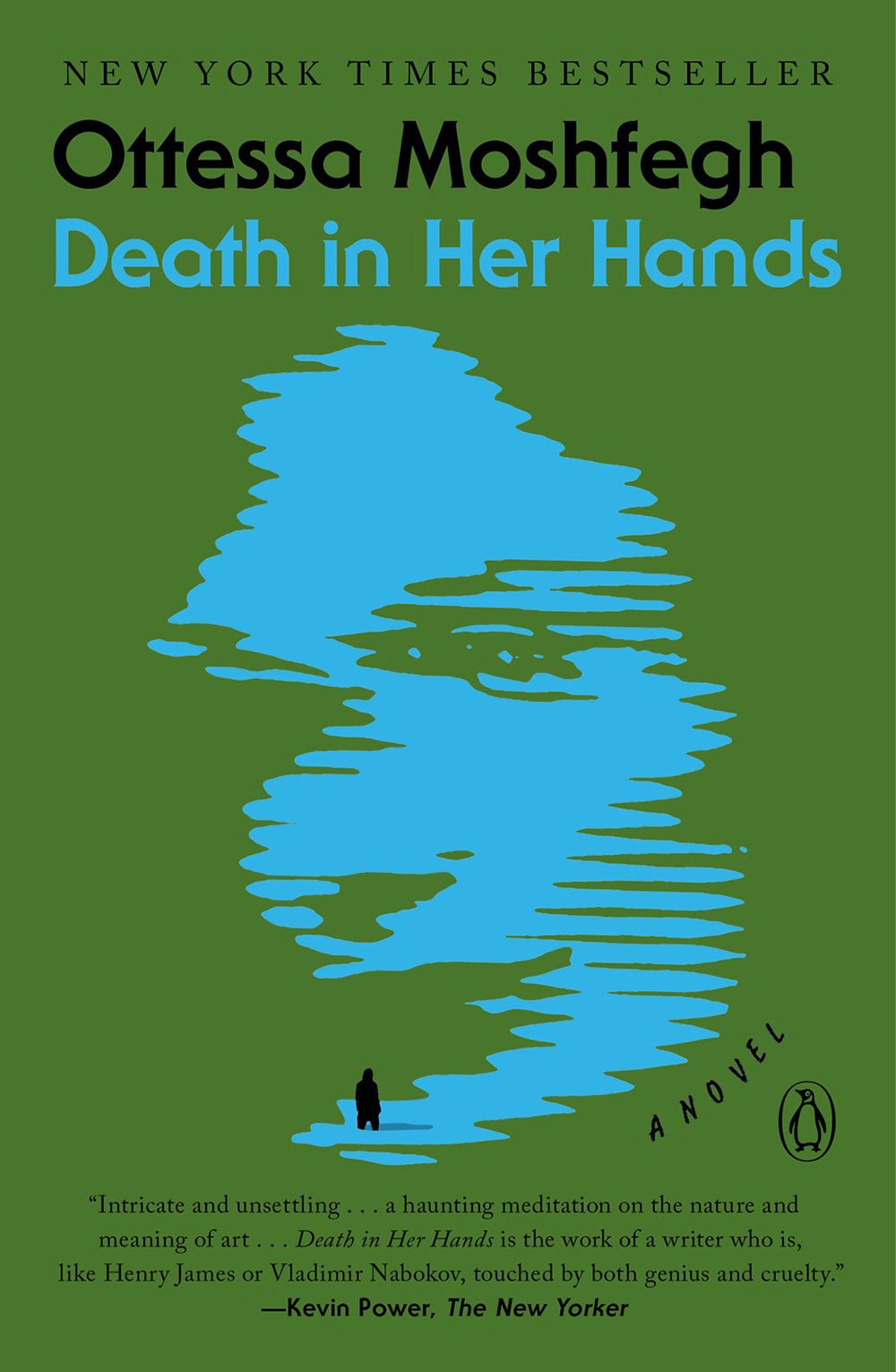With Brexit well and truly back on the agenda, the government is having to balance the fallout over its controversial bill and coronavirus at the same time.
Here are five things we learnt from this week’s Sophy Ridge On Sunday:
Lord chancellor believes in the rule of law
Lord Chancellor Robert Buckland has said he won’t resign and that the “whole government” is committed to the rule of law, despite the suggestion it would break international law by amending the Northern Ireland protocol.
“Government believes in rule of law” is not a traditional headline, but Monday’s statement from the Northern Ireland secretary that the government would break international law in a “limited and specific” way has changed the usual questions.
The plans caused outrage in the EU and among some Conservatives, as well as turning all eyes to the government’s legal representatives.
:: Subscribe to Sophy Ridge on Sunday on Apple podcasts, Google podcasts, Spotify, Spreaker
Before taking the job, lord chancellors swear to uphold the law “so help me God”, and it’s not long since Theresa May’s Attorney General Geoffrey Cox gave an assessment of her deal blunt enough to sink it.
For now at least the lord chancellor isn’t for turning, saying: “I can reassure the Irish government, I can reassure all friends in Europe that all we are seeking to do is to prepare the ground domestically if things are not resolved.
“That is a responsible course of action… we are 100% committed to these negotiations, we are going to press on with them until the end.”
Damaging trust
But Ireland’s government is clearly nowhere near reassured, as Irish Justice Minister Helen McEntee made clear.
She said the deal in question “was voted through the UK Parliament nine months ago, it was voted through the European Parliament nine months ago and now this week one side of the agreement essentially has decided to unilaterally on its own change elements of that agreement so it’s posed some confusion, or a lot of confusion”.
Warning that “I think it has in some ways damaged trust between both sides”, she said the events of the week had “certainly set us back” when it came to negotiations.
Since Monday, a key argument against the plans to amend the protocol has been that it will damage the UK’s international credibility – a vital commodity as we try to strike trade deals worldwide.
Remedies for breaking international law are potentially severe and Ms McEntee told the programme that legal actions or sanctions against the UK “could happen”.
Get Brexit… done?
You’d be forgiven for being a little surprised that the party that promised a second referendum in December last year is now denouncing the Conservatives as drawing Brexit out, but as Sir Keir Starmer has said, Labour is under new management.
“I think the country wants to stop talking about Brexit,” said Labour’s shadow Northern Ireland secretary Louise Haigh.
After four years of argument, Labour’s position is that the government needs to get on and get a deal, with Ms Haigh calling for one that “protects our trading relationship, protects businesses, protects jobs and protects peace in Northern Ireland”.
She accused Boris Johnson of “seriously undermining and jeopardising” the UK’s chances of an agreement and accused him of “picking a fight” over the issue of state aid (which Dominic Raab told the show last week was one of the two remaining “bones of contention”).
Losing control
Dramatic though this is, it is happening against a backdrop of a surge in coronavirus cases that are now reaching “exponential” growth, with new restrictions and potential lockdowns.
Imperial College’s Professor Peter Openshaw said the rise in coronavirus infections will “inevitably” result in more “hospitalisations and deaths”.
Asked if Britain is on the edge of losing control of COVID-19, he said: “Yes, I think that is right. It is like water seeping through a dam. It starts as a trickle but if you don’t do something about it, it can turn into a real cascade.”
A recent study from Imperial put the R number, or rate of infection, as high as 1.7, which Professor Openshaw said means “that’s 1.7 people for every person who’s infected and that means exponential growth”.
“This isn’t a game, which shouldn’t be out trying to party as hard as we can in the run up to Monday’s lockdown, we should all be really thinking about what we can do now to slow down the spread,” he added.
The glimmer of good news was the professor’s suggestion a vaccine for the virus could be found by Christmas and “with rapid scaling up we might have vaccination programmes which can roll out to some parts of the world over the next nine months.
Bail out the nurseries
Among the many ways that COVID-19 has hit the economy is the devastation it has caused in the childcare sector.
Some 41% of working mothers with children under 10 aren’t getting enough support, according to a survey by ICM for the Trades Union Congress.
Many parents with full-time jobs and young children already face a struggle to balance work and childcare, and the TUC’s General Secretary Frances O’Grady warned of the risk that “you pull one string and everything unravels”.
She told the show that many women were being forced into choices including “cutting their hours at work or going really early, or ending up doing effectively an evening shift to try to keep on top of their jobs”.
With many nurseries facing a particularly shaky financial future, Ms O’Grady declared: “If anyone’s going to get a bailout the childcare sector deserves a bailout – because that’s crucial for the economy, that allows working parents to do their jobs.”




![Scream 7 Trailers Are Making Me Think [SPOILER] Has To Be The Killer Scream 7 Trailers Are Making Me Think [SPOILER] Has To Be The Killer](https://cdn.mos.cms.futurecdn.net/SB3efVqBwkiQ9NbuDBsTq8-1280-80.jpg)

